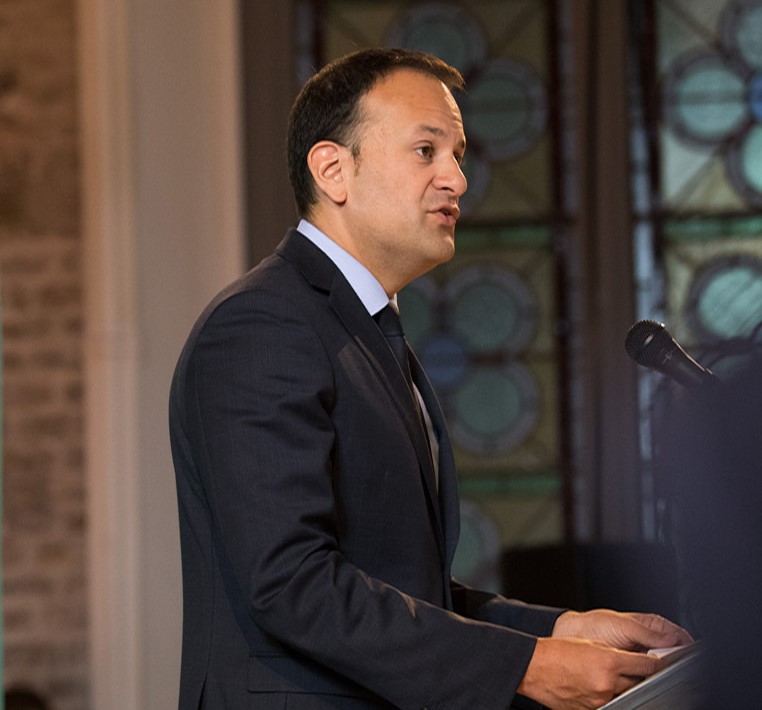
At a special meeting last night, the Cabinet agreed to proposals for a referendum to replace the pro-life amendment with a text enjoining the Oireachtas to legislate for abortion. They also agreed on legislation to follow passage of a referendum which would enshrine an abortion regime in the country far more extensive even than the UK’s ‘abortion on demand’ law. The current plan is for that legislation to allow abortion unrestricted for the first 12 weeks of pregnancy, and up to birth where there is an impact on the mental or physical health of the mother. The preferred date for the referendum is the end of May, before students start leaving the country for the summer and before the visit of Pope Francis to Dublin in August for the World Meeting of families.
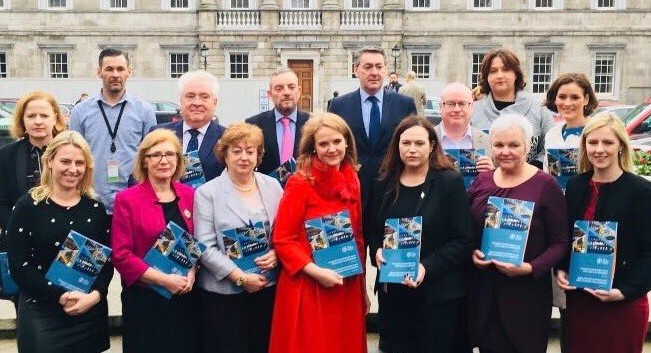
Labour leader Brendan Howlin has welcomed the decision to hold an abortion referendum, but said: “I have concerns about the Government’s decision to depart from the Oireachtas Committee’s proposal for repeal simpliciter”. Attorney General Séamus Woulfe had advised the Cabinet against straightforward repeal, and said an enabling provision should also be inserted in the Constitution that would give the Oireachtas full authority over our abortion law.
Mr Howlin, however, said the Government “now intends to proceed with a proposal rejected by the Oireachtas Committee and must publish and explain its advice for doing so”. He added: “We know that every additional phrase in the Constitution is subject to further analysis and perusal, and the risk that that entails seems unnecessary given the stated powers afforded to the Oireachtas in the Constitution already.”
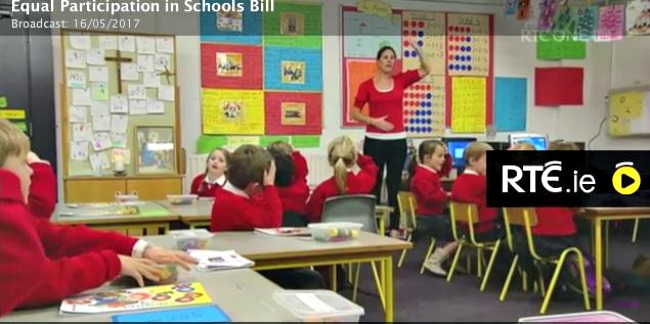
Catholic education bodies have expressed concern about proposals to remove religious education from the State’s required primary school ‘core curriculum’ and place it instead into a category of “flexible time” from which schools might choose from a range of new curricula options. Currently, two and a half hours each week is theoretically set aside for religious education. Various Catholic groups fear the move could “undermine and downgrade” patrons’ religious education programmes in primary schools. The diocesan adviser at Elphin Diocese said: “It would have an adverse effect on schools’ ethos and also it would damage children’s religious and spiritual development. Putting religion into flexible time diminishes the subject entirely.”
The Association of Trustees of Catholic Schools said it could impact on parents’ rights to religious and moral formation of their children, and the responsibility of a board of management to comply with its legal obligation to be accountable to the patron. “Parents have the right to ensure that their children’s education is in conformity with their religious and philosophical convictions,” it said.
The Catholic Primary Schools’ Management Association said such a move would be “seriously damaging to the characteristic spirit of faith-based schools”.
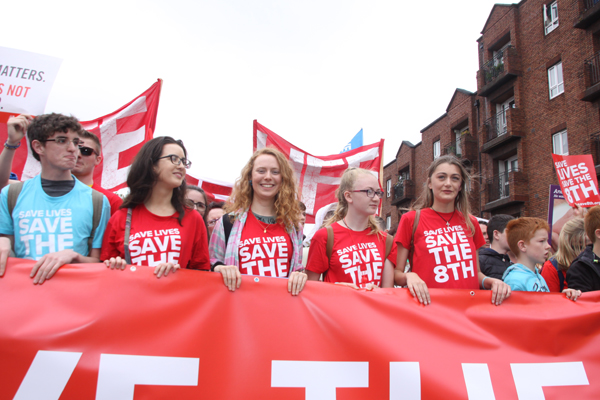
Fine Gael Minister of State for Finance Patrick O’Donovan has announced that he will oppose repeal of the Eighth Amendment. Speaking on RTÉ’s The Week in Politics on Sunday, Mr O’Donovan said he believed it was correct that a referendum be held because it was a societal matter. However, he said the proposal amounted to removing a right from the Constitution and replacing it with an “unknown” piece of legislation. “Where does the right conferred in 1983 go?” he asked. “Does it go back to the implied right that may have been there prior to 1983, or does it go altogether?”
Minister O’Donovan said “I will not support a referendum to repeal the Eighth Amendment based on the fact that I believe that it leaves too much uncertainty in relation to what is going to happen to the right conferred in 1983”. He added: “I have too much uncertainty in my own head at the moment . . . I am not asking people to agree with me.”
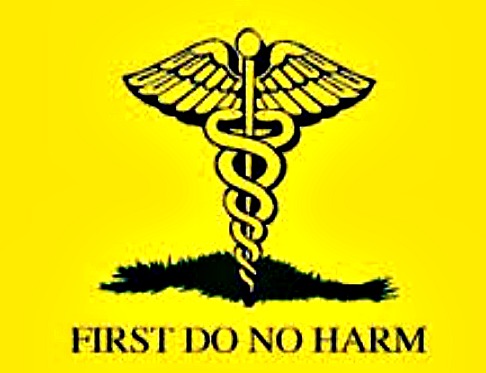
A Bill authored by Baroness Nuala O’Loan’s to protect the conscience rights of medical personnel received a second reading in the House of Lords last Friday. The Conscientious Objection (Medical Activites) Bill will clarify the law to ensure all medical professionals are protected from discrimination.
Under the existing law, GPs, as well as many nurses, midwives, pharmacists, and other medical professionals have limited statutory conscience protection. As a result, some areas of the healthcare profession are becoming increasingly inhospitable for those with certain deeply-held moral, philosophical or religious views. Not only is this discriminatory, in the view of the Bill’s sponsors, it could also mean healthcare professions will become increasingly less diverse, inclusive, and representative of the views of the general population.
Baroness O’Loan said: “I believe this is a timely and important Bill that should attract support across both Houses. Reasonable accommodation of conscientious objection is a matter both of liberty and equality: of individual freedom and social inclusion. No one should be coerced by the risk to their careers into violating their conscience, and it is plainly inconsistent with the principles of equality legislation to exclude whole sections of society from areas of medical employment simply because of their moral beliefs. I hope this excites support from across the country that allows us to fix this deficit of legal rights and protections”.
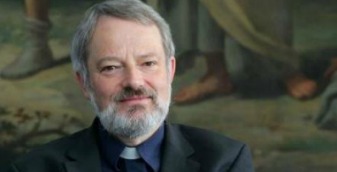
The Bishop of Elphin, Kevin Doran, has released a pastoral message where he called upon people to talk to their friends, neighbours and politicians to save the pro-life amendment. He said that current proposals to repeal it and introduce abortion legislation are “significantly more liberal than the current law in Britain, where slightly more than one in five unborn children are aborted every year”. “In Britain, all abortion is theoretically on the grounds of health, but the extension of the health ground to include risk to the mental health of the mother provides, in practice, for abortion on demand,” he said.
Bishop Doran placed the debate in the context of the fundamental right to life of all people and raised the prospect that if that right is extinguished for the unborn, then the elderly and euthanasia might be next. “When it comes to the right to choose, there is a tendency to forget that there is another person involved; a vulnerable person who has no choice and who depends entirely on others for protection. If society accepts that one human being has the right to end the life of another, then it is no longer possible to claim the right to life as a fundamental human right for anybody,” he said.
“A number of EU member states have already legalised Euthanasia. I am convinced that if we concede any ground on abortion, the very same arguments which are now being used to justify abortion will be used to justify ending the lives of frail elderly people and people with significant disability. This is the final frontier. If we cross it, there will be no easy way back”.
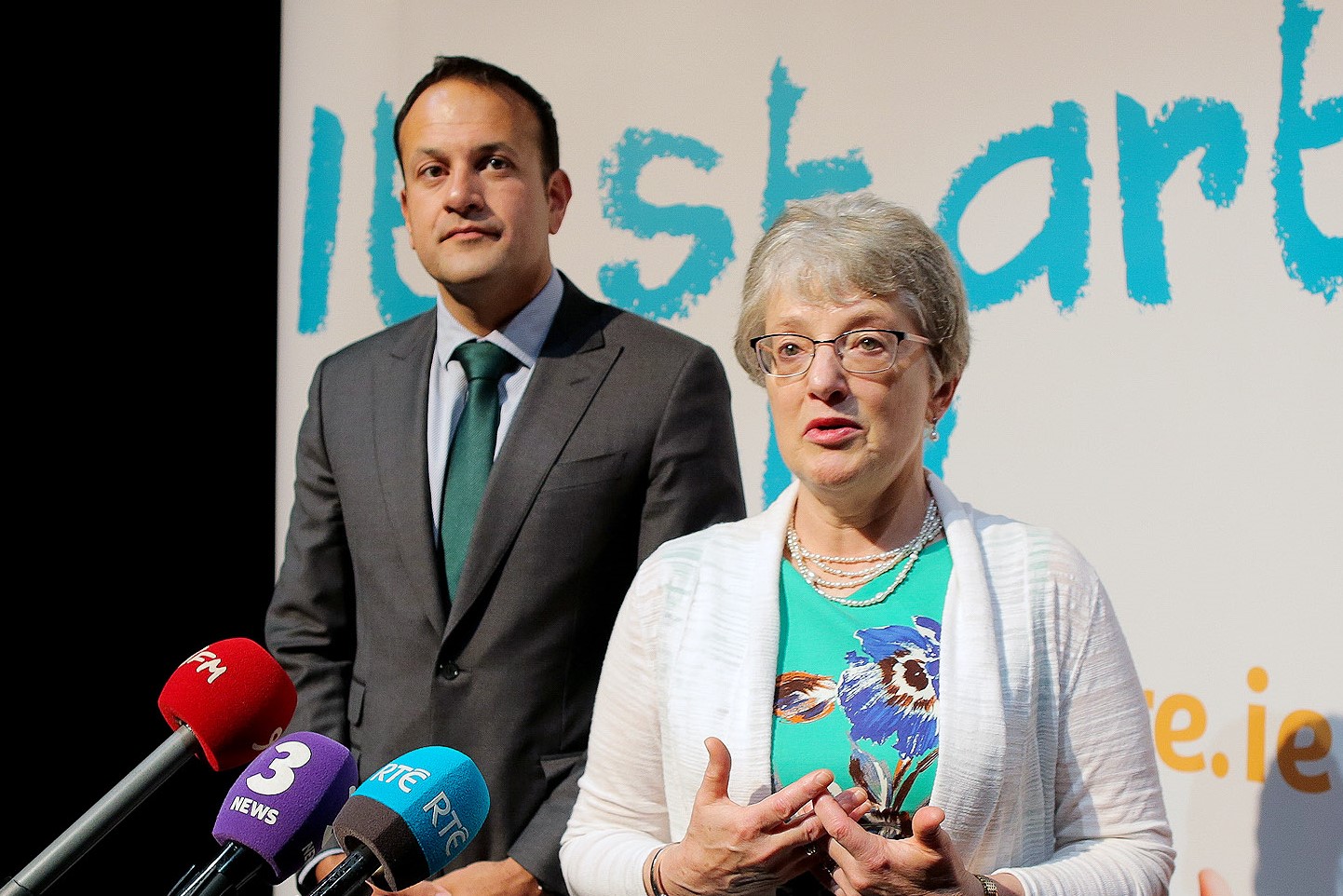
There will be a special meeting of the cabinet on Monday for the Government to decide its position on any forthcoming abortion referendum and subsequent legislation. While the cabinet has a regularly scheduled meeting every Tuesday, this meeting has been set up to deal specifically with the issue of abortion. The key issue for the cabinet to agree on will be whether a referendum should simply repeal the pro-life amendment or replace it with a text giving the Oireachtas absolute authority over abortion law so as to immunise it from Constitutional limits and court oversight. The Attorney general is likely to recommend a replacement option, and this is supported by the Minister for Health, Simon Harris, the Taoiseach, Leo Varadkar, and the leader of Fianna Fail, Michael Martin, but it is opposed by Minister for Children, Katherine Zappone and members of the Oireachtas abortion committee who recommended a straight repeal. The Taoiseach is also expected to reveal his own position on the matter after the cabinet comes to an agreement on its position. Speaking in Davos, Switzerland, yesterday, he said, “This is a very important issue. I didn’t think it would be possible to shoehorn it into an agenda of 20 or 30 items. For that reason we’re having a special meeting on Monday and I hope . . . the Cabinet will agree to proceed . . . with a referendum and also legislation. And I’ll certainly give my views on all of that after the Cabinet meeting if we have an agreement”.
“I am in a different position. I am Taoiseach, so ultimately the question that we’re putting to the Irish people has to be one that is sound and has to be one that the Attorney General can endorse and also I want to, as much as I can, respective of the fact that there is a free of vote, bring my Cabinet and my party with me.”

A majority of voters say they will back the repeal of the Eighth Amendment and support abortion up to 12 weeks according to the latest Irish Times/MRBI opinion poll.
Respondents were asked: “Will you vote to change the Constitution so that the Government can legislate for abortion up to 12 weeks, or will you vote not to change the Constitution?” A majority – 56 per cent – said they would vote in favour of the constitutional change, with 29 per cent not in favour. Fifteen per cent said they did not know or offered no opinion. When undecided voters are excluded, 65 per cent favour repeal and abortion being allowed up to 12 weeks while 35 per cent do not.
The poll was conducted on Monday and Tuesday among a representative sample of 1,200 voters aged 18 and over, in face-to-face interviews at 120 sampling points in all constituencies. The margin of error is plus or minus 2.8 per cent.
The legislative proposal that the Government is supporting, however, will not only allow for abortion on request up to 12 weeks, but will also allow abortion up to birth where it impacts the mental health of the mother. This aspect of the Government’s preferred abortion regime was not alluded to in the poll.

Legislation was passed in the Dáil yesterday to permit the sale of alcohol on Good Friday. The only other day of the year when the sale of alcohol is prohibited is Christmas day. The new law will allow the sale of alcohol in pubs, off-licences, restaurants, registered clubs, holiday camps and other licensed premises. Hotels will be permitted to sell alcohol to guests at any time on Good Friday and no longer only when it is served with a meal, which is currently the law. Minister of State for Justice David Stanton, who introduced the legislation, said the restrictions on the sale of alcohol have remained largely untouched since 1922, and they “are no longer in tune with today’s Ireland”.
The legislation was opposed by some Independent TDs. Maureen O’Sullivan TD described the moves to push the Bill as “somewhat strange when there are so many aspects relating to alcohol that we should be talking about”. She questioned claims that the Bill was aimed at tourists.
“How many tourists have been put off coming to Ireland because there is a day when public houses are not open?” she asked. “How many tourists arriving here to discover public houses are closed for 24 hours get the first boat or plane out of Ireland, and how many have complained that they can’t access a public house on Good Friday? I really have to ask for whose benefit is this Bill? Are we saying that the only tourists we want are those who can’t last 24 hours without buying a drink in a public house or going into an off-licence?”
The Dublin Central TD added: “I think we could do with a few Good Fridays throughout the year. We have to denormalise drinking of alcohol. We’re in a society where it’s normal to drink on all and every occasion, if you’re sad or if you’re happy, if you’re celebrating a victory or if you’re coping with a loss – First Communion, Confirmation, weddings, divorces, funerals, Mother’s Day, Father’s Day, sports events, holidays. Your grocery shopping includes alcohol as well.”
Independent TD Mattie McGrath also opposed the Bill and said publicans told him Good Friday was a day when they took a day’s rest or did renovations on their premises. “Good Friday is the only day when publicans can take a breather,” he said, adding that “tourists won’t run away because they can’t get a drink” that day.

Katie Ascough, who was impeached as president of the UCD Student Union over her pro-life stance, has been honoured with a prestigious pro-life award in Westminster, London, this week. The award recognises “extraordinary and notable work and achievements that safeguard the dignity and right to life of human beings”. Previous winners have included Chen Guangcheng, a Chinese human rights lawyer who challenged the country’s one-child policy, and Magnus MacFarlane-Barrow, founder of the charity Mary’s Meals. The award is chosen by the Chair of the All-Party Parliamentary Pro-Life Group and trustees of the charity ‘Right To Life’.
Katie said that she accepted the award on behalf of “the pro-life generation” and all those who uphold the right to life of the unborn. “I accept it not only on behalf of myself, but of all students and right-to-lifers more generally who suffer unjust discrimination because of their beliefs, in the teeth of bigotry and illiberalism from abortion advocates on campus or in wider society.”
Katie said the atmosphere of conformity at universities could be “suffocating”, but she urged students to speak out courageously anyway. “I urge such people to stay strong, and to follow the courage of their convictions. It may be difficult, but ultimately, I can assure them, it’s absolutely worth it.” Katie was removed as president of her student union after she prevented it publishing illegal abortion information.